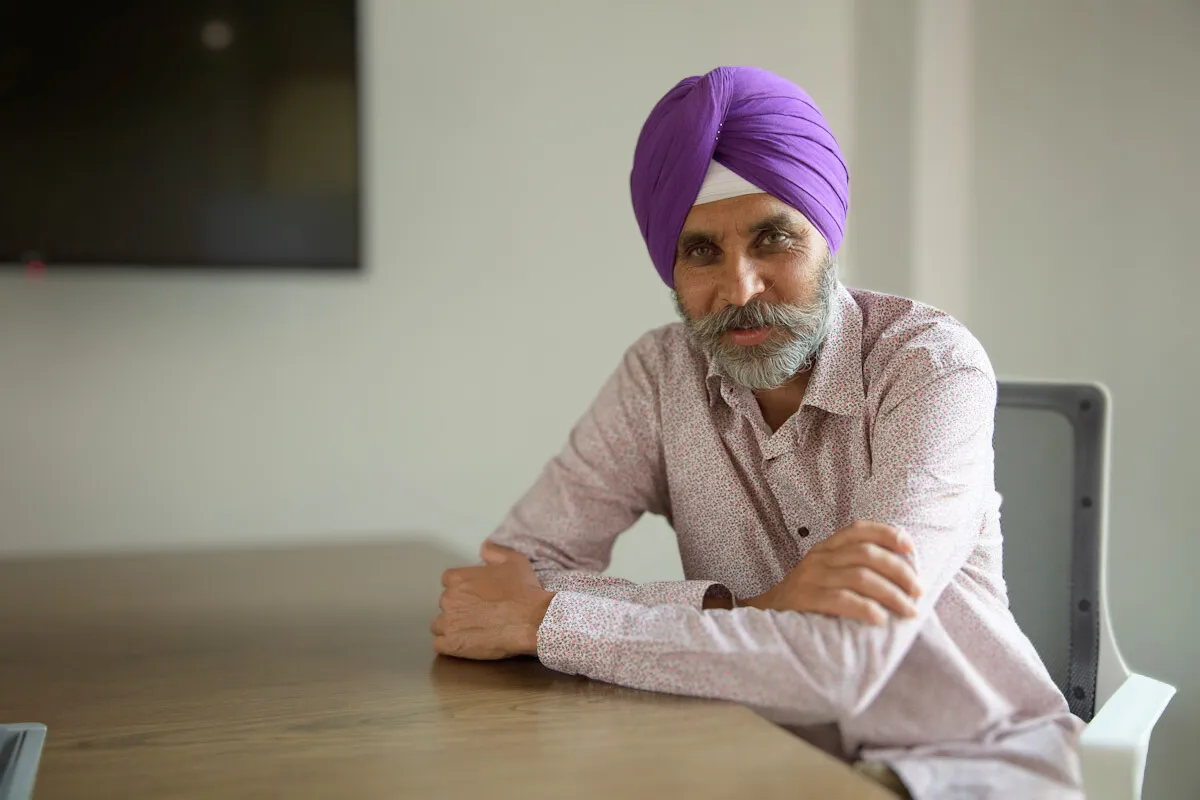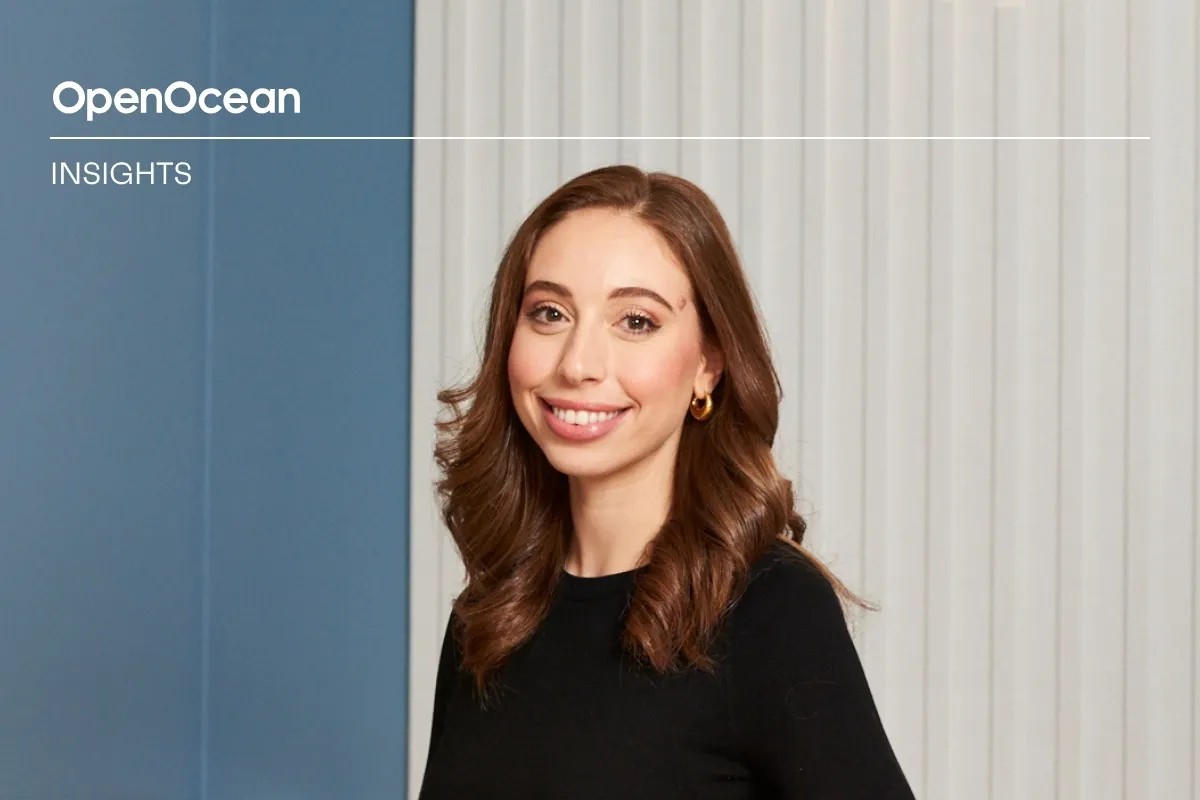"You can either retain your culture or have hyper-growth - getting both is a fool's choice.” – A Q&A with our Operating Advisor Kulpreet Singh

In this Q&A blog post, we have the pleasure of featuring Kulpreet Singh, OpenOcean's Operating Advisor since 2020. Kulpreet joined the team after a successful tenure at UiPath, the world's leading robotic process automation (RPA) software. He has nearly three decades of corporate experience—or, as he calls it, a "corporate carousel." He has spent 15 years in organizations like Sony, Panasonic, Gemini Consulting, and Centrica.
Having tired of trying to change big corporates, he changed tracks and has been building and scaling up companies over the last 15 years with EXL, AbsolutData and latest, UiPath. Today, he wants to use his experience to support, coach, advise, guide, and mentor high-growth companies on their journey to success. Join us as we dive into Kulpreet's insights on company growth, common challenges fast-growing tech companies face, and essential qualities for startups aiming to make their mark globally.
Considering your diverse background across various roles and industries, how has this experience shaped your perspective on company growth and success?
To me, company growth and success are a function of the value proposition and the team's culture. You need both of these to be successful on a sustainable and scalable basis.
What common challenges do fast-growing tech companies face, and how can they solve them?
Fast-growing tech/SaaS companies are buffeted by headwinds on a daily basis, and their ability to ride those out is anchored in how strong their foundations are around the following:
Value Proposition: This combines product, market, and competition. The value proposition needs to be clear, coherent, and persuasive for a high-growth SaaS company to succeed.
Culture: A fair number of SaaS companies make it to $10m ARR, but growth beyond that becomes a challenge, and a main reason for that is the inability to either retain and nurture the culture or accept a dilution of their culture, which results in silos, discordant communication, or even worse, destructive agendas coming to fore.
Growth at all costs: Gone are the days when VCs were willing to shower funds as long as a SaaS company was growing rapidly without any regard for the cost involved. Growth is welcome, but not at any cost and definitely not if it's unsustainable.
Drawing from your experience in helping companies scale across different continents, what are the critical factors for a startup to successfully expand outside the European market?
It may sound like Groundhog Day, but these are the most important factors:
Value Proposition: The value proposition must be relevant to the market - whether in a particular industry sector or geography.
Act local but think global: Most geographies appreciate a SaaS company with a local team that understand the nuances, speak the language and are available at short notice. However, it requires a global approach when it comes to designing the key pillars of value proposition, pricing, sales processes, marketing, etc., and not creating individual geographic islands which don't have any bridges or tunnels connecting them.
Culture: Think proactively about how the culture/values will be communicated and embedded in each new market. It starts with onboarding of new team members and then nurturing it daily.
Could you provide best practices or strategies for efficiently localizing a product in a new market while maintaining a global brand identity?
There are different aspects of localizing a product. These include: Localizing the language for the product and any supporting documentation, including videos, manuals, marketing material, etc. Having a local team to provide a local face, flavor, and image for the product. In terms of maintaining a global brand identity, it's important that the brand message, which hopefully is built on the value proposition, stays true in all geographies.
Can you share some key lessons you learned at UiPath, which experienced ultra-rapid growth during your tenure?
It's all about the product, product, and product. Do what's right for the client, and it will pay itself many times over. Culture eats strategy for breakfast. Either you can retain your culture or you can have hyper-growth - getting both is a fool's choice.
As an Advisor at OpenOcean, what essential qualities do you seek in high-growth companies you aim to support and mentor?
Do they understand what problem they are trying to solve, how do clients realize value, and how are they thinking of reaching their potential clients?


